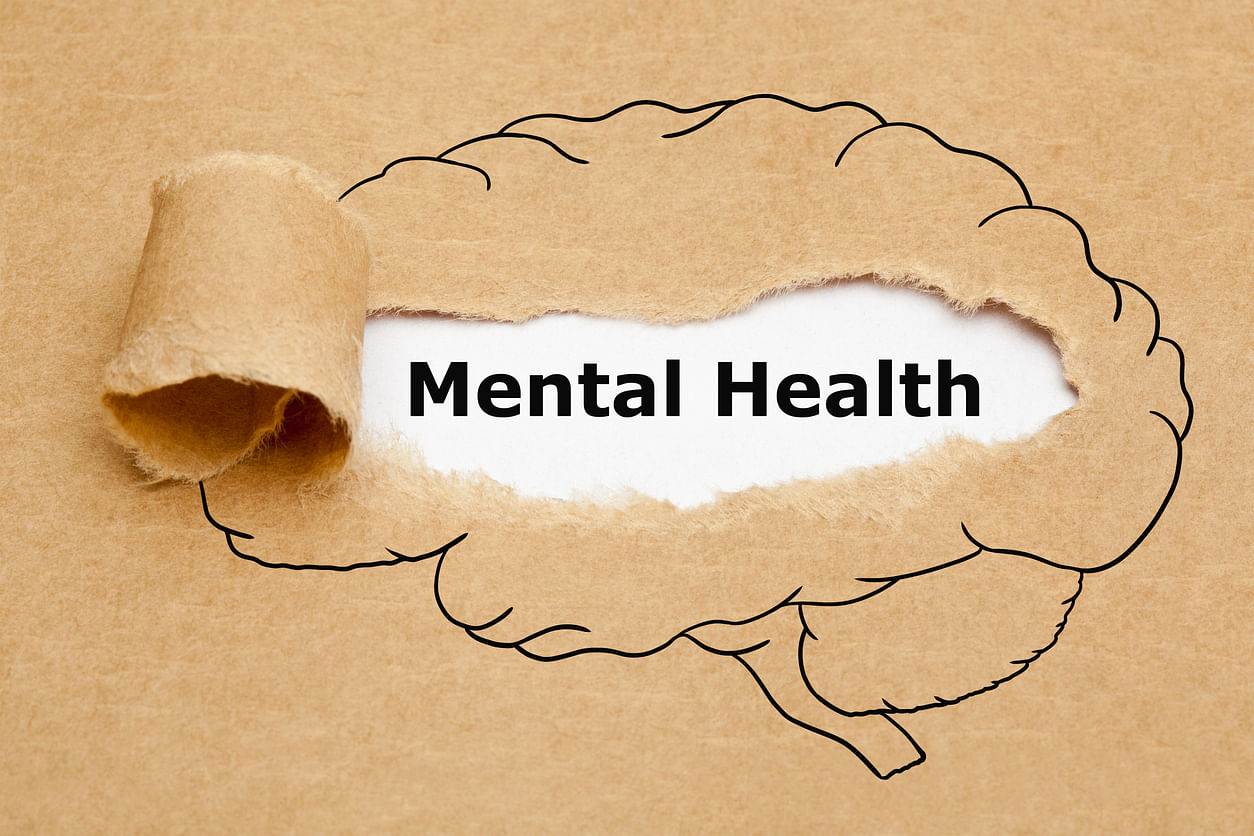
While the protracted exposure to violence had already led to a deep mental health crisis in the Kashmir valley, the ongoing Covid-19 lockdown is limiting the access of patients to mental healthcare services.
As people in Kashmir were still trying to come out of the impact of last August security clampdown imposed after the abrogation of Article 370, lockdown to prevent the spread of coronavirus was announced.
Educational institutions in Kashmir have remained closed since August 5, albeit opening for a brief period from February 24 to March 7. The business community too has been in distress while the daily earners had consumed their earnings in last year’s clampdown.
The ongoing Covid-19 lockdown, now in its fourth week, is adding to civilian trauma in the Himalayan region. According to reports from hospitals in Srinagar, people are showing increased signs of anxiety and increasingly self-medicating with anti-depressants.
“While we stay home, disconnected from our work and social connections, with uncertainty and fear around, it is very easy to succumb to negative thoughts, boredom and frustration. And Kashmir has been going through this phase for almost eight months now,” Dr Arshid Hussain, a renowned psychiatrist in Kashmir, told DH.
He agreed that the ongoing lockdown has limited the access of patients to mental health services. “People who have a previous history of depression are vulnerable to relapses. But we have ensured that those who can’t visit hospitals get consultation online,” Dr Hussain said and added that a team of professionals on rotation basis is available for patients in these testing times.
From April 2018 to March 2019, 3,66,906 people received treatment in a government psychiatric hospital in Srinagar. On average, 30,000 patients visit hospitals for psychiatric treatment every month in Srinagar. This has reduced to a few hundred in the past month.